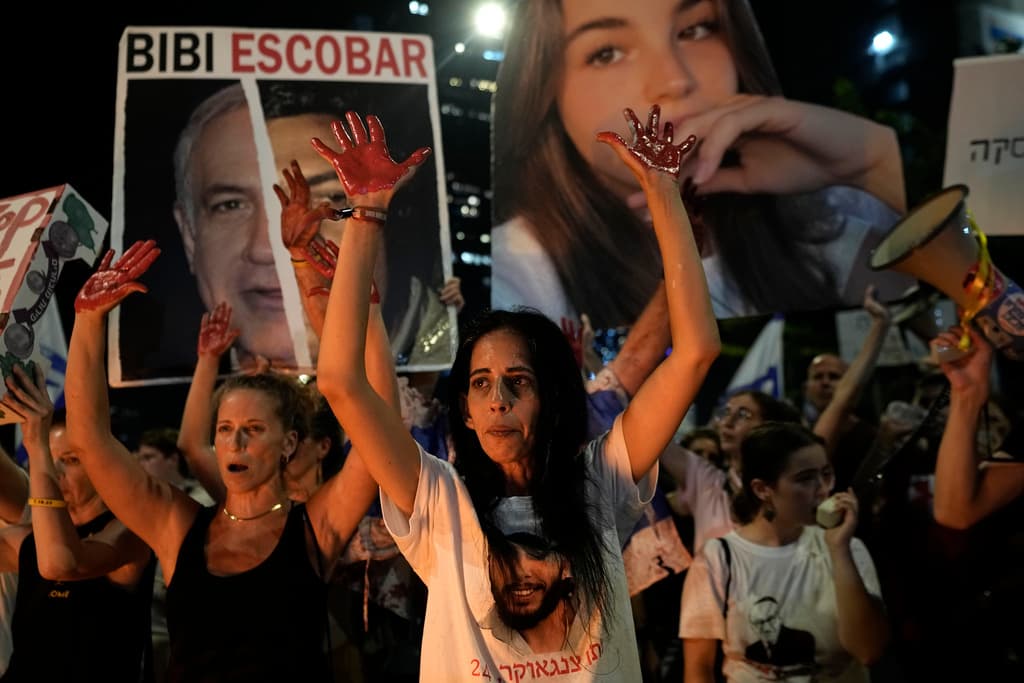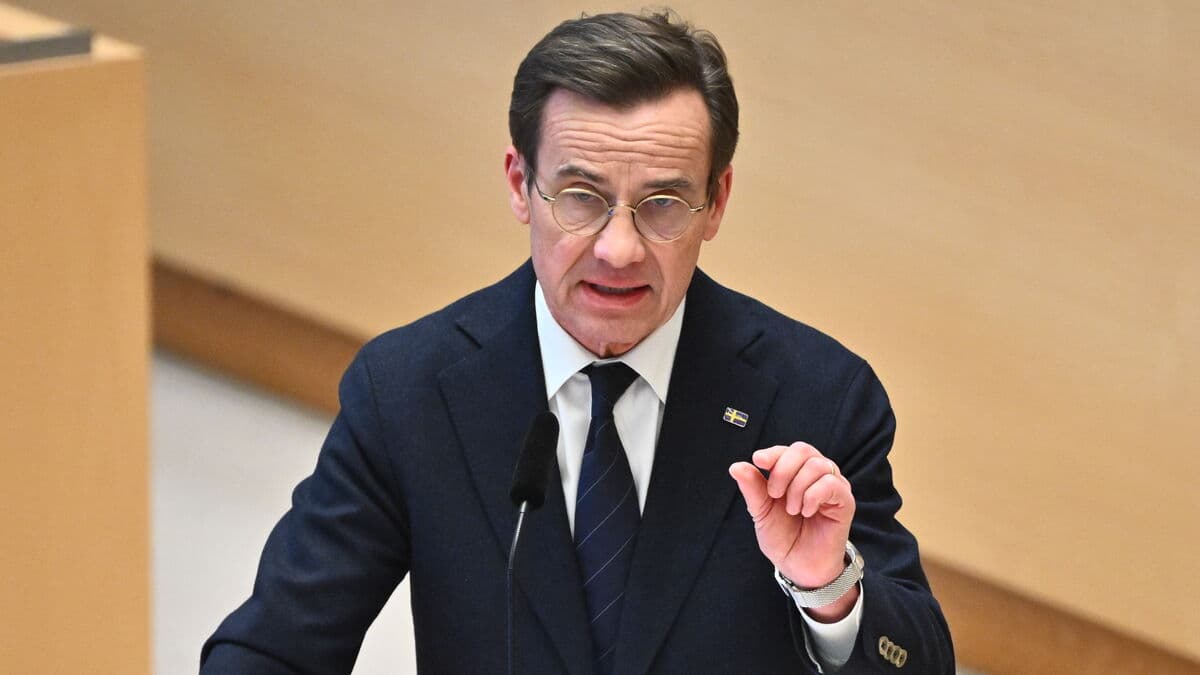When six Israeli hostages returned home in body bags last week, the thanks speech to Prime Minister Benjamin "Bibi" Netanyahu was absent.
Instead, criticism poured in. Relatives accused Netanyahu of having betrayed their loved ones twice: first when they were kidnapped, and then when they were left to die as a result of the government's inability – or unwillingness – to reach an agreement with Hamas.
Netanyahu chose to sacrifice the hostages, said Mati Dancyg, whose father's body was returned to Israel, to public service company Kan.
The government has blood on its hands. My uncle died for Netanyahu's (political) survival, said Zahiro Shahar Mor, relative of another of the dead, to Radio 103FM.
"Couldn't care less"
The fact that the hostages are coming home in body bags is the result of the government's active choice, claims Uriel Abulof, professor of political science at Tel Aviv University (TAU). Fewer living hostages give Netanyahu fewer reasons to be forced to make concessions – and prevent the hostages from coming home with loud demands and criticism of the government for abandoning them.
In many ways, it benefits "Bibi" that the hostages return dead. They want their people as submissive as possible – and dying is a way to become submissive, he says.
Thus, the government is not significantly affected by the criticism of the hostage strategy, believes Abulof.
The regime, especially Netanyahu with his megalomania and narcissistic tendencies, couldn't care less.
Netanyahu has repeatedly been accused of sabotaging the negotiations for a ceasefire. The reason: he knows that a concluded hostage agreement would make his fragile government coalition collapse, according to Abulof.
Mossad chief: Agreement impossible
In July, Haaretz newspaper detailed how the prime minister systematically torpedoed the negotiation process, often at the most critical moments.
Netanyahu is said to have leaked sensitive information, gone behind the backs of colleagues, and severely limited the mandate of his negotiators – all to avoid an agreement with Hamas.
On Tuesday, Einav Zangauker, whose 24-year-old son is still being held in Gaza, said that Israel's intelligence chief David Barnea had confidentially told her that a hostage agreement was impossible "under the current political constellation". The intelligence service quickly denied Zangauker's statement, according to The Times of Israel.
As long as Netanyahu rules Israel, Uriel Abulof sees almost no chance of an agreement.
The war will continue as long as it benefits him and his political position.
During the Hamas-orchestrated terrorist attack on Israel on October 7, 2023, around 250 people, mostly Israelis, were taken hostage and brought to Gaza. They are being held by Hamas and other armed extremist groups.
During a week-long ceasefire in November, over 100 hostages were exchanged for 240 Palestinian prisoners. A few more Israelis have been released by the country's military.
Currently, it is estimated that over 100 hostages are still being held in Gaza. About a third of them are feared to be dead.
Since Israel declared war on Hamas after the terrorist attack in October, more than 40,000 people in Gaza have been killed in Israeli attacks, according to health authorities in the Hamas-controlled strip.






